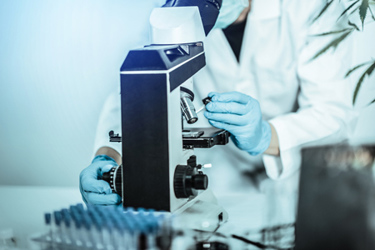Innovative Solutions To Reduce The Environmental Footprint Of Oligonucleotides

As interest in oligonucleotide therapeutics begins to accelerate, manufacturers and researchers are working to identify scalable processes that address the environmental burdens of oligonucleotide manufacturing. Ajinomoto Bio-Pharma Services, an industry leader in developing high quality custom oligonucleotides, recently hosted a webinar entitled, "Sustainable Approaches to Oligonucleotide Manufacturing." Yuki Shinohara, an Aji team member, outlined the various sustainability concerns around oligonucleotide production and potential solutions to combat them.
One possible solution is liquid phase synthesis, which serves as a substitute for solid-phase synthesis and allows for increased manufacturing volume, reduces solvent consumption, and emits significantly less CO2 than solid-phase. A second potential solution is an enzymatic method for manufacturing siRNA, which simplifies the purification process, reduces solvent consumption, and significantly improves the emission factor. Download the full Q&A article to read Yuki’s answers to webinar attendee questions on sustainable oligonucleotide manufacturing strategies.
Get unlimited access to:
Enter your credentials below to log in. Not yet a member of Cell & Gene? Subscribe today.
